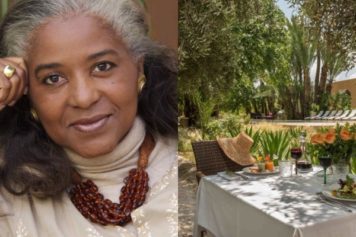Activists in Morocco continue to battle against laws they believe to be encroaching on basic human rights and gender equality within the country, including the right to pre-marital sex. Going by article 490 of the country’s penal code, Moroccans can be imprisoned if they are found to be having sexual relations outside of marriage, regardless of gender or scenario. Moktar el-Ghzioui, the editor of the Al-Ahdath Al-Maghribia daily newspaper, said he got threats after recently expressing his support for pre-marital sex during a television debate.
“The next thing there was a cleric from Oujda releasing a fatwa (a religious edict) that I should die,” he told BBC. “I am very scared for myself and my family. It’s a real blow to all the modernists who thought Morocco was moving forward.”
Despite a history of being open to the western world, the north African country retains a number of ordinances based on fundamentalist Islamic law. As a publically conservative society, the laws are widely supported, which resulted in Ghzioui’s television controversy.
The Moroccan Human Rights Association continues to demand an overhaul of the nation’s penal code in order to defend women against harassment, often perpetrated by the country’s sexually frustrated men. However, specialists contend that even a shift in policy would not change the public perception of sex outside of marriage. As it stands, it is even illegal for unmarried couples to share a hotel room.
Last year, Moroccan policies on rape and women’s rights came under serious fire, when a judge ordered 16-year-old Amina Filali to marry the man who raped her, in order to preserve her family’s honor. In March, Filali committed suicide after being severely beaten by the same man.
Some choose to simply sidestep the law rather than confront it. “If I want to go and spend a nice weekend with my boyfriend, we will just book two separate rooms,” one young woman told BBC. Still, an unmarried man and woman were both jailed for six weeks after their sexual relationship was discovered.
Mustapha Ramid, the country’s Justice Minister and representative of the country’s newly elected Islamist regime, made it clear that he was a staunch supporter of the law. “Legalising sex outside marriage is an initiative to promote debauchery,” he said.
While political and religious leaders seem to have no intention of reversing tradition, younger members of Moroccan society are already making pre-marital relations less of a taboo, meaning that public opinion may soften over time. However, for now, the conflict of interests could mean strict punishment for the liberal side.

